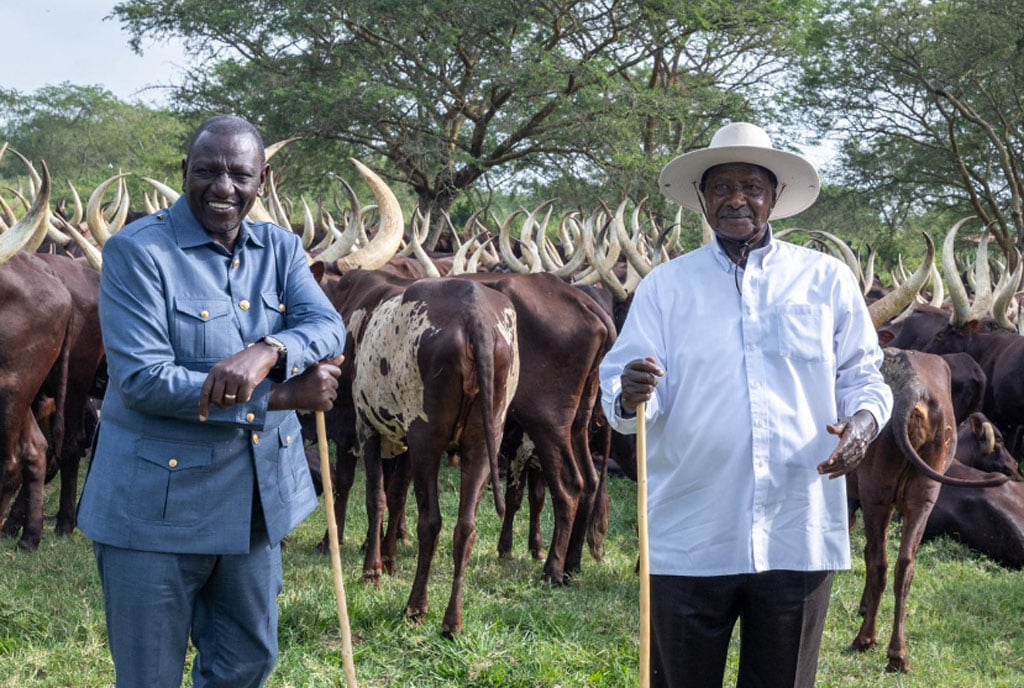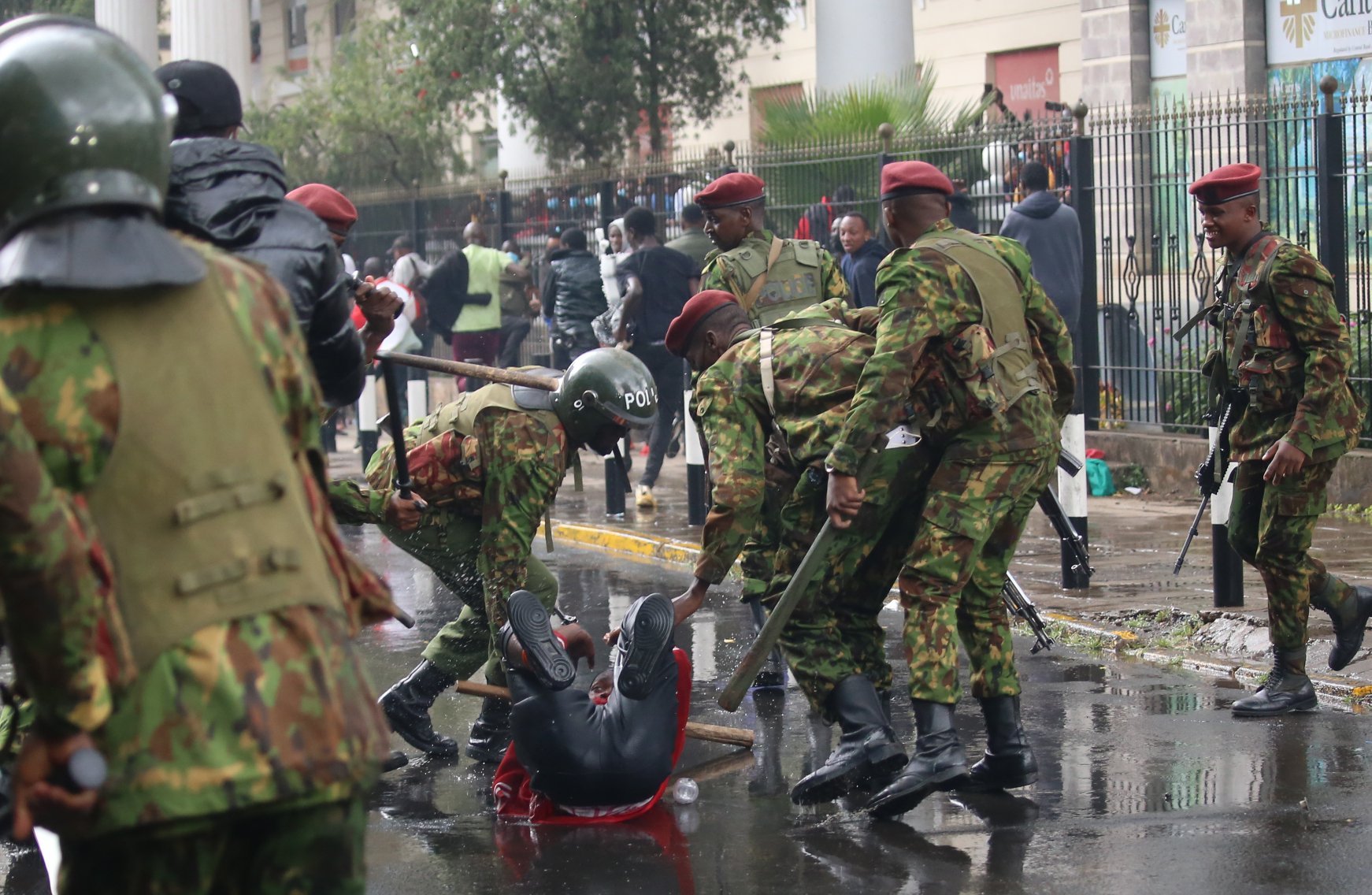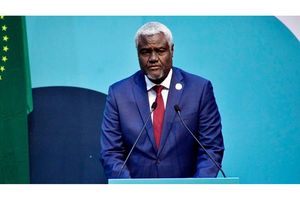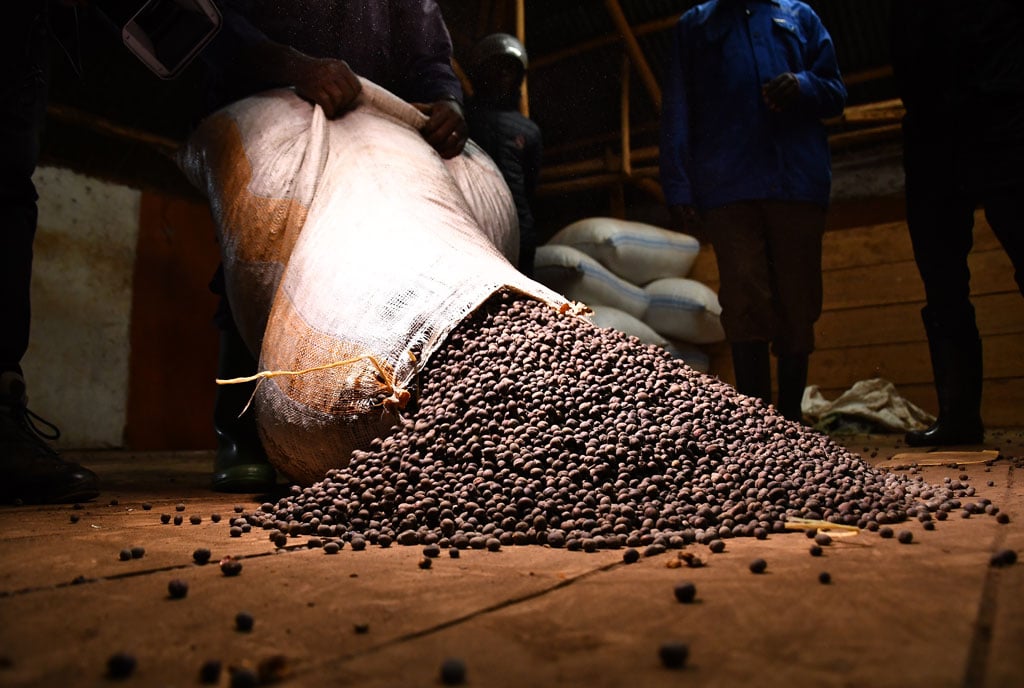
Dr Remember Miamingi, a South Sudanese academic based in South Africa. PHOTO BY GEOFFREY SSERUYANGE
The African Union seeks nominations for the position of AUC Chairperson from East Africa. Kenya, Djibouti, Somalia, and Seychelles will nominate candidates, with Kenya nominating Raila Odinga. Odinga’s extensive AU leadership credentials make him a relevant chairperson candidate. As AU Champion for Infrastructure, he advanced projects like the Trans-African Highway and LAPSSET Corridor, promoting AfCFTA and regional integration. Odinga’s domestic democratic credentials are equally strong.
However, some of Kenya’s foreign policy statements and actions under President William Ruto could present significant obstacles to Odinga’s bid for the chairperson of the AUC. Ruto’s positions on key issues may clash with long-standing foreign policies of other AU member states and may not align with some AU’s core principles.
Kenya’s vacillating stance on the Saharawi Republic, shifting from recognition to supporting Morocco, unsettles AU members backing Saharawi self-determination. Algeria and South Africa view Kenya’s inconsistency as problematic, potentially hindering Odinga’s support.
On the Israel-Palestine conflict, Kenya’s neutral, sometimes pro-Israel stance diverges from the AU’s traditional support for Palestinian rights. This could deter North African countries such as Egypt, Algeria and Libya, which have expressed support for the ongoing ICJ case seeking to halt the Israeli war.
The perception of a pro-Israeli Kenya complicates Odinga’s bid for votes. The intra-African division is evident, with Chairperson Faki Mahamat initially granting Israel AU observer status, which was later reversed amid drama. Faki’s recent pro-Palestinian social media activity reflects African sentiment. South Africa drives the ICJ case, while Namibia calls for sanctions against Israel. In addition, Ruto’s unequivocal stance on the Russia-Ukraine conflict contrasts with the nuanced positions of many AU member states.
Ruto’s administration has fostered strong Western ties, aligning with their policies. Kenya’s status as a major non-Nato ally of the US and its permit to track Houthi activities targeting Israeli ships complicate Kenya’s foreign policy perception. AU members preferring a balanced approach struggle to see Kenya in continental leadership amid polarisation.
While Ruto claims Kenya looks forward, it seems to favour the West. This contradiction, coupled with his inconsistent Pan-African rhetoric, is evident when he advocates for AU leadership yet attends foreign events like the South Korean president’s invitation with over 20 other heads of state.
Arguably, Odinga, as an international civil servant, would not directly represent Kenya’s domestic foreign policy choices as chairperson. Still, the support of President Ruto for his candidacy and the interplay between domestic interests and foreign policy cannot be ignored.
The “second scramble for Africa,” marked by strategic investments, military presence, and diplomatic efforts by global powers such as China, the United States, Russia, the European Union, and Middle Eastern countries, further complicates the political context of the elections. This strategic rivalry shapes Africa’s geopolitical landscape, creating a complex web of alliances and pressures for African nations.
Many influential member states of the AU appear to prefer non-aligned or multi-power engagement. Key African capitals like Pretoria, Cairo, Algiers, and Abuja are scrutinising Odinga’s candidacy closely, questioning the role of Nairobi as a continental leader.
As Africa navigates a complex geopolitical landscape marked by global power rivalries, any candidate for the chairperson of the AUC must convincingly demonstrate commitment to pan-African ideals and balanced foreign relations to gain broad-based support within the AU.
Dr Remember Miamingi is a co-founder and CEO of Integrate Africa Advisory. [email protected].








